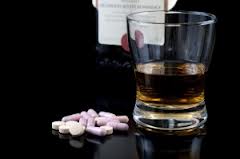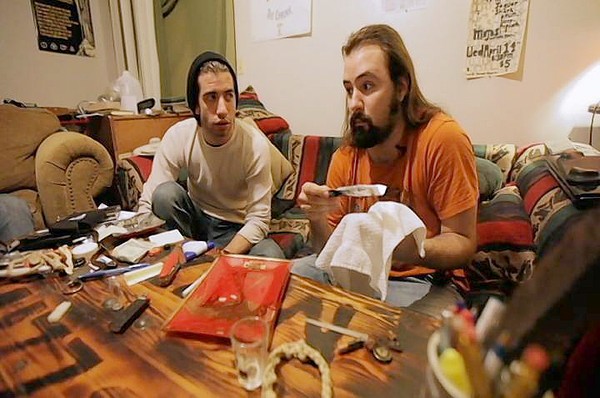Xanax and Alcohol: A Deadly Combination
In recent years, as the use of prescription medication has proliferated in the United States, so too have the abuse of and overdose from many of these substances.
Prescription-drug abuse is the fastest-growing drug problem in the U.S., says a report issued last month by the Centers for Disease Control and Prevention. The same report states that in 2007, there were roughly 27,000 unintentional deaths from drug overdoses—or one death every 19 minutes.
But of all the things that people ingest, there are few combinations more life-threatening than alcohol and Xanax, a benzodiazepine in the class of sedatives such as Valium and Klonopin.
What Makes Xanax and Alcohol a Deadly Combination?
When taken together, Xanax and alcohol have what’s known as an additive effect, which means that in the presence of Xanax, alcohol is made more potent than it would be alone.
Both Xanax and alcohol work by depressing the central nervous system of the body, reducing the activity of several mental functions, such as thought, memory, coordination, and respiration.
Alcohol alone doesn’t have that limit, because often times people will pass out before they drink enough alcohol for it to be lethal. When you take the two together and you have a totally different picture – Xanax and Alcohol: a deadly combination.
Prescription drugs and alcohol can be a dangerous combination. Alcohol interacts with anti-anxiety drugs such as Xanax, intensifying the drugs’ sedative effects, causing drowsiness and dizziness, and making falls and accidents more likely. A 2010 study published in the Canadian Journal of Public Health reported that automobile drivers were much more likely to weave and speed if they were under the influence of drugs like Xanax in addition to alcohol than if they had consumed alcohol alone.
How it Works
Your usual three drinks is actually like drinking six. And because of the additive effect of combining the two substances, it becomes impossible to know just how your body will absorb the alcohol you’ve ingested. Throw in other factors—sleep deprivation, an empty stomach, a cold—and the mixture is made all the more unpredictable and deadly.
Xanax and alcohol is the most deadly combination because it can cause amnesia. So not only is it does this combination affect respiratory function, the amnesic effect it causes is just as deadly. People die accidentally in the truest sense of the word: they don’t remember how many drinks they had, or how many pills they took.
Why Xanax, in particular
In fact, it is this same rapid action that makes Xanax the most addictive of the benzodiazepines, many neuroscientists believe, providing the sensation of a high more so than other drugs of its class.
Other people start taking prescription drugs just to get high, perhaps in part because they have the false notion that prescription drugs are safer to experiment with than are illicit drugs.
Any benzodiazepine is highly dangerous in combination with alcohol, but Xanax is perhaps the most dangerous, because it is more fast-acting than the others. Because Xanax and alcohol both work on the brain at a rapid-fire pace, their mutually enhancing effect is bolstered compared to slower-acting benzodiazepines, which peaks in the brain more slowly, after the effect of the alcohol may have already begun to decline.
Sources:
http://www.scientificamerican.com



